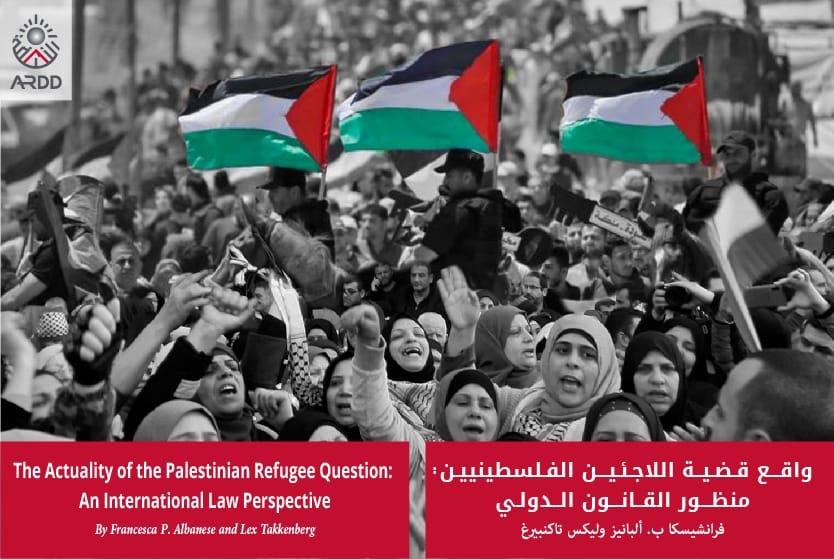In 2018, the unresolved exile of the Palestinian refugees entered its eighth decade, with refugees unto the third or even fourth generation. Nowadays, Palestinian refugees (around 7.5 million) account for the largest group of refugees globally, the majority of whom are also stateless, caught in the most protracted refugee situation in modern history. Unlike other refugees, their situation and status are often discussed in the realm (and through the lens) of politics instead of on the basis of their rights. This undermines both their quest for justice and day-by-day protection. In many respects, Palestinians have been the bête noire of refugee studies, with some still questioning whether they should be considered ‘genuine’ refugees at all, and therefore whether they deserve the protection that international law offers to refugees. For decades since their original flight, confusion around their status as refugees has made the application of the 1951 Convention Relating to the Status of Refugees (‘1951 Convention’) to Palestinian refugees problematic. Also, the relevance of other branches of international law has remained disputed or under-utilized in the case of this particular group. In fact for historical and political reasons, Palestinian refugees enjoy distinctive normative and institutional arrangements within the international refugee regime: these arrangements provide for their specific protection as refugees, rather than leaving them unprotected. Palestinians in general, because they lack a fully sovereign independent state, and refugees in particular, because of the additional issue of their dispersal, make for a difficult constituency to protect. They fall under a myriad of regimes, with different legal statuses and institutional arrangements, and are often discriminated against as Palestinians.
This paper argues that, while international law is not a panacea for all problems and challenges with respect to the Palestinian refugees’ issue, awareness of their rights, status, and related vulnerabilities may help turn the tide of politics in favor of the realization of their effective protection. It clarifies who Palestinian refugees are, dispelling confusion about applicable definitions and institutional arrangements. Then discusses the origins and features of their ‘distinctiveness’ in the international refugee regime, which is fundamental to clarify their status under international law. Then it briefly sheds light on the relevance of various branches of international law for their protection. It also offers suggestions for renewed consideration of the pursuit of solutions for the Palestinian refugees. Some concluding observations are offered at the end.


